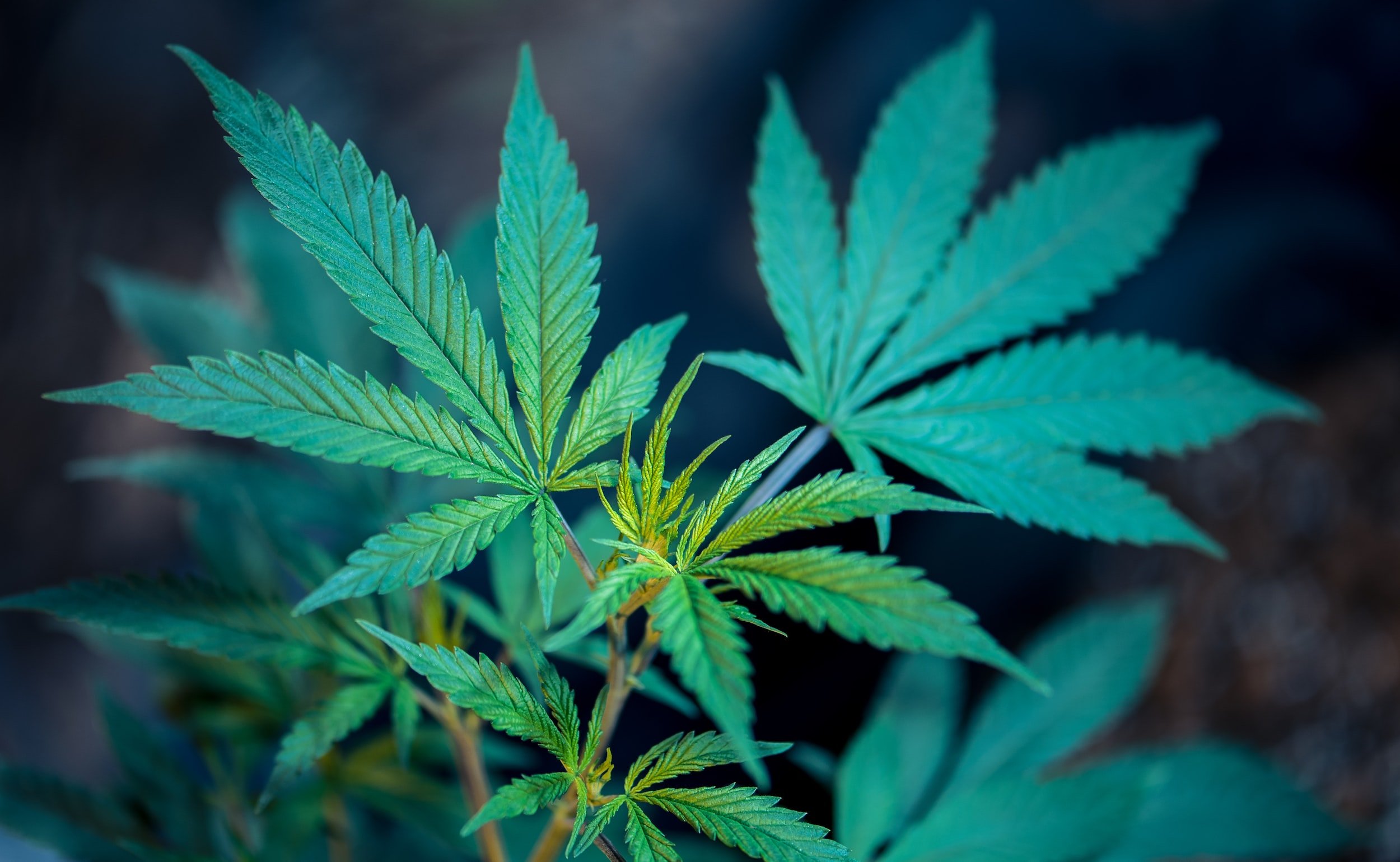What is CBC?
CBC – Is otherwise known as Cannabichromene! CBC is a non-psychotropic phyto-cannabinoid which means it is non- intoxicating and doesn’t affect a person’s thinking. Phyto-cannabinoids are just cannabinoids that occur naturally in the cannabis plant. One of the most distinct characteristics of CBC is its potent anti-inflammatory benefits, amongst others. CBC has the same origins as both THC and CBD in that they all stem from Cannabigerolic Acid (CBGA). CBC comes from converting from CBGA into Cannabichrome Carboxylic Acid (CBCA) and then finally to CBC after exposure to heat or ultraviolet light. However, CBC is still a cannabinoid that needs to be further researched to examine all the benefits this cannabinoid has to offer.
Now, CBC is a powerful anti-inflammatory and may contribute to the pain killing effects of cannabis. CBC can provide relief from those battling inflammation ailments and diseases by activating the CB2 receptors within the bodies Endocannabinoid System. It can provide a reduction in pain and swelling and can provide relief specifically for irritable bowel syndrome and Crohn’s Disease. CBC has also been shown to block pain and inflammation associated with collagen that is induced specifically by osteoarthritis. As far as pain relief goes, CBC has been looked at its ability to block pain perception and to provide relief for chronic post operative pain and neuropathy as well.
However, because CBC does not activate CB1 receptors the healing potential of CBC could be enhanced when combined with cannabinoids that do, such as THC. With the Entourage Effect, CBC has been said to have anti-depressant properties in conjunction with both THC and CBD, but more research is needed. CBC has been linked to being more potent than CBD for the treatment of stress and anxiety.
CBC has been investigated as a powerful cancer fighter and has been shown to have anti-tumor effects. A preclinical study demonstrated CBC’s anti-tumor effect against gastrointestinal cancer cells and was shown to have higher rates of cancer cell death. CBC also appears to inhibit the uptake of anandamide allowing it to remain longer in the bloodstream. Further research needs to be done into CBC’s ability as an antimicrobial as well.
CBC has also shown potential for brain growth and function by encouraging the human brain to grow by increasing the viability of developing brain cells in a process known as neurogenesis. In a mouse study CBC seemed to have a positive effect on neural stem progenitor cells (NSPC’s) which are cells that are essential to healthy brain function. NSPC’s became more viable when in the presence of CBC and shows promise because NSPC’s differentiate into astroglial cells which are the most important cells for maintaining brain homeostasis. CBC can potentially help those that suffer from Alzheimer’s.
Lastly, CBC has been shown to be a powerful inhibitor of acne! Acne is a skin disease that is characterized by excess sebum production and sebaceous gland inflammation. CBC exhibited powerful anti-inflammatory properties and also suppressed excessive lipid production in the sebaceous glands. CBC also reduced levels of arachidonic acid (AA) which is needed to create the lipogenesis which is the conversion of fatty acids and glycerol into fats. However, more research is needed.
Resources?
https://leafwell.com/blog/what-is-cannabichromene-cbc-cannabinoid/
https://www.news-medical.net/health/Phytocannabinoids.aspx

